In the context of deep geopolitical polarization, escalating conflicts in many regions, and increasingly severe impacts of climate change, the G20 Summit in Brazil is highly anticipated internationally.
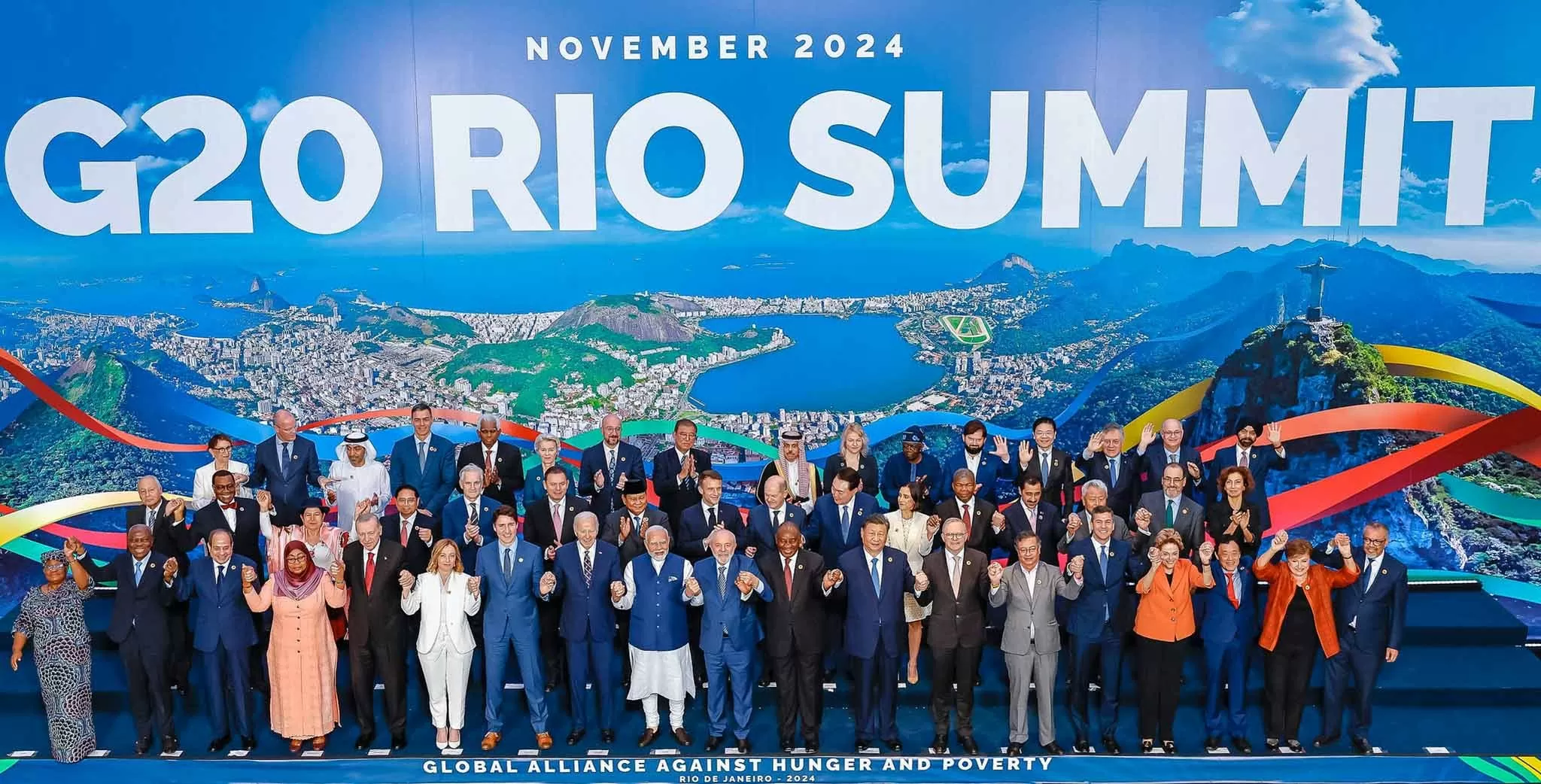 |
| The 2024 G20 Summit achieved important results. (Source: G20.org) |
Hope for a “cure”
Overcoming many challenges, the 2024 G20 Summit in Brazil ends with a Joint Declaration that brought hope for a “healing solution” for “global wounds”. The Summit reached important agreements, commitments to deal with global challenges and sustainable development goals.
Notable are the commitments to increase taxes on the super-rich, build a mechanism to prevent "tax evasion" and mobilize all resources, ensure finance for responding to climate change; support energy transition, technology cooperation...
The first ever Global Alliance to Fight Poverty was established. Conflicts and humanitarian crises in Ukraine and the Middle East were also mentioned, with an emphasis on promoting ceasefires and protecting civilians. Although some leaders were not satisfied with the “boldness” of the conflict, it was enough for the joint statement to be adopted.
Several key trends and important messages emerged from the 19th G20 Summit. One was the effort to reduce inequality across the global spectrum. Host country President Lula da Silva's view that financial inequality is not due to a lack of it but due to unfair political decisions received strong support from many countries and international organizations.
Similarly, UN Secretary-General Antonio Guterres emphasized that the G20, especially developed countries, are the largest emitters of carbon and greenhouse gas, have the greatest capacity and the highest responsibility in combating global climate change. However, the contributions of rich countries are not commensurate with the profits from natural resources and the dominance in the global production and trade chain.
Second, the voice of the Southern Hemisphere group is increasingly important in many international issues. Along with the guests, the Summit had the participation of the African Union (AU) for the first time as an official member. This is a historic milestone demonstrating the G20's recognition of the importance of Africa and the increasingly important voice of the Southern Hemisphere in global issues.
Third, the trend of multilateralization and multipolarization cannot be reversed. The two prominent trends mentioned above, the excitement at forums, bilateral meetings on the sidelines of the Conference and the joint statement of the G20 Summit in Brazil are vivid evidence of the strength and increasingly important role of multipolarization and multilateralization of international relations.
Along with that is the essential need to reform the global governance system. That trend is strongly and deeply present at the United Nations forum, at the 2024 BRICS Summit in Russia and many other important international events.
All of this proves that multilateral cooperation is an effective way to address global challenges; multipolarization is an irreversible trend. Only in this way can we promote global governance reform, reduce inequality, lay the foundation for unity, create great strength, cope with common challenges, and “heal the wounds” of the planet.
Hidden many thorns
Overcoming the “shadow of division” and other challenges that loomed over the opening day, the 2024 G20 Summit achieved important results. The results of the Summit in Brazil and other recent major international events are positive signals, bringing hope to the common aspiration of building a fair world , a sustainable planet and realizing the United Nations development goals.
There is no permanent body, but a three-country Secretariat mechanism including representatives of the past, current and next host countries (India, Brazil and South Africa) will maintain the overall direction, before the transfer of the rotating Chairmanship to the United States in 2026.
However, the future still has many potential obstacles. Conflicts and instability are increasing in many regions. Geopolitical competition, confrontation between major powers, and division and fragmentation are becoming increasingly complex. In addition, actions by several major countries to add fuel to the fire have left the way out of hot spots still unclear.
Some important commitments on combating climate change, inequality and increasing taxes on the super-rich, etc., have not been specifically regulated and lack binding mechanisms for implementation. Results have been achieved through compromise, but there is always a gap between declarations and actions. Many developed and large countries have sought to “evade” full implementation of their commitments. The deadlock in negotiations on climate change funding at COP29 in Azerbaijan due to dissents between developed countries and emerging economies is an example.
Not to mention that the change of government after the elections can lead to a “turnaround” in some countries. President-elect Donald Trump, with his slogan “America First”, will continue to withdraw from many multilateral mechanisms that are considered “not beneficial” to the US, as in his first term.
Geopolitical competition, tense confrontations between major countries… create many barriers, causing the world to be deeply divided, resources to be ignored, and global supply and production chains to be broken. Meanwhile, the need to fight climate change, poverty, energy transition... is extremely large.
However, the committed efforts and positive trends of the 2024 G20 Summit and other important international events demonstrate common aspirations and are necessary initiatives, gradually creating trust, foundation, and motivation for the journey of continuous movement and development of humanity.
Source: https://baoquocte.vn/hoi-nghi-thuong-dinh-g20-cam-ket-xu-the-va-dong-luc-294587.html










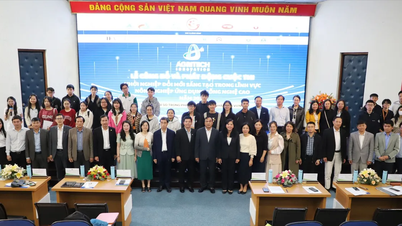





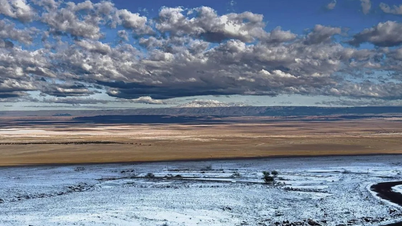




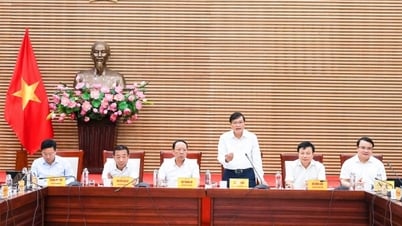











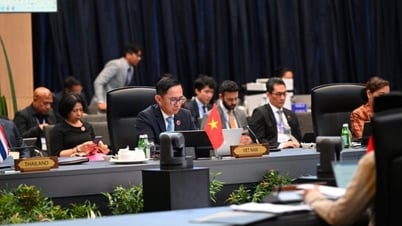


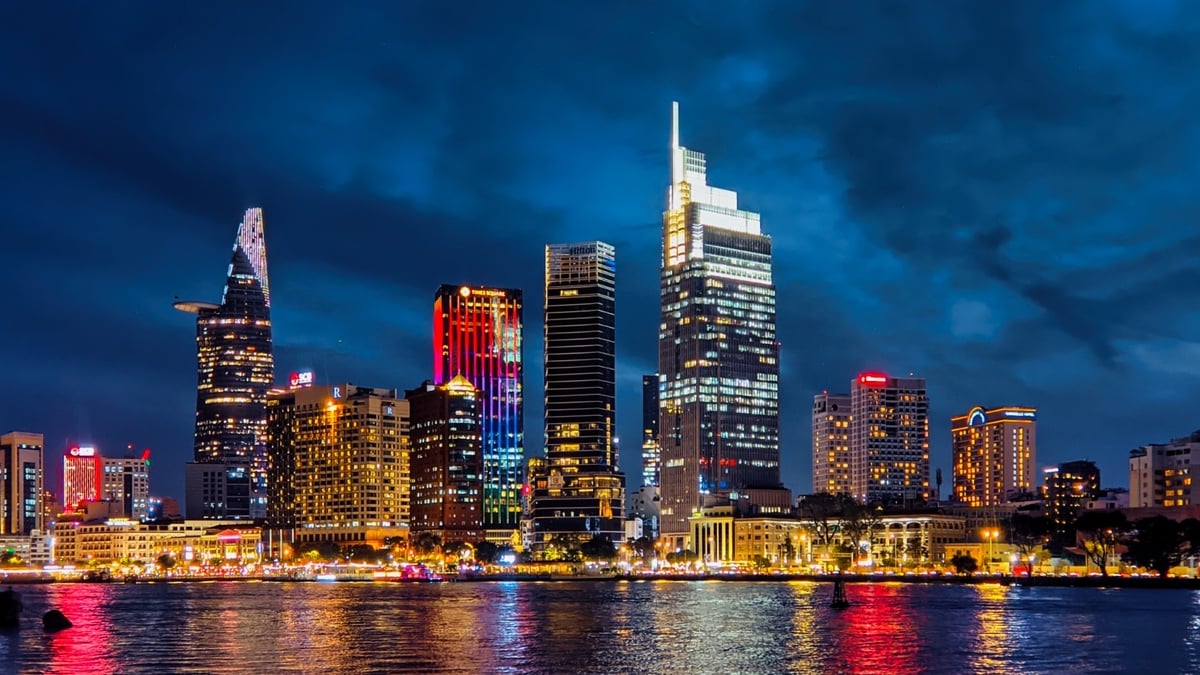































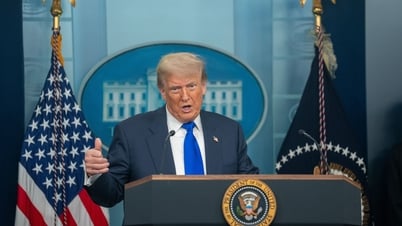






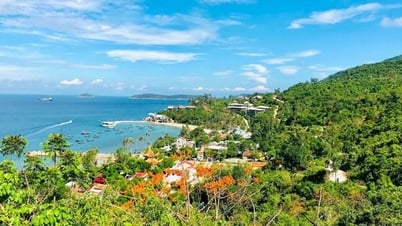









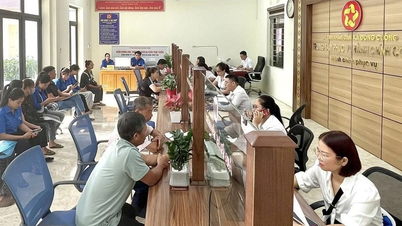




















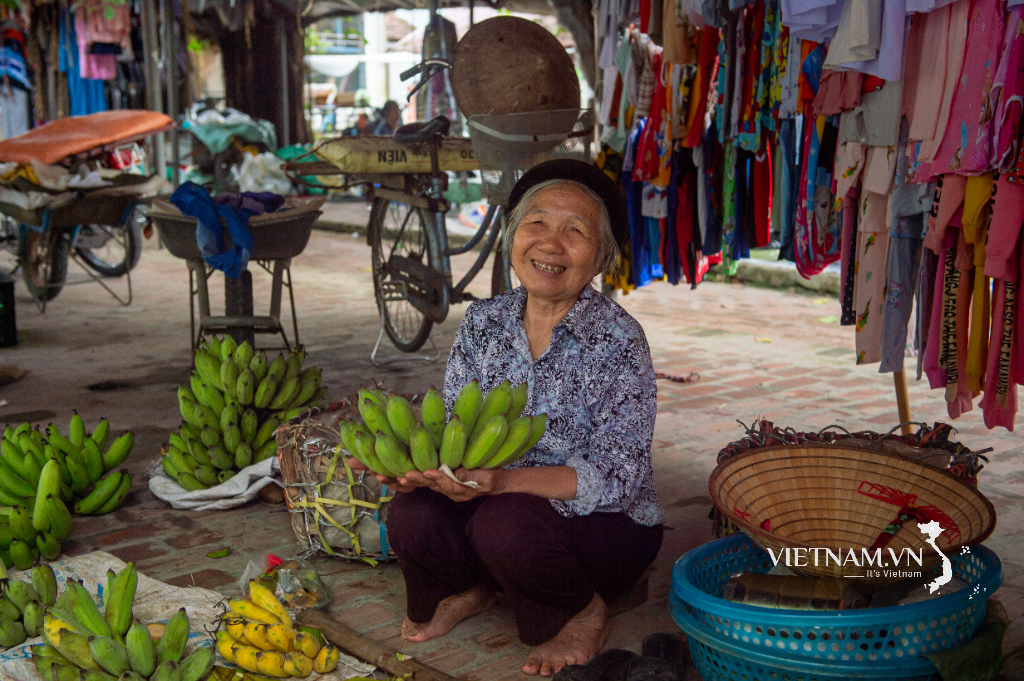

Comment (0)